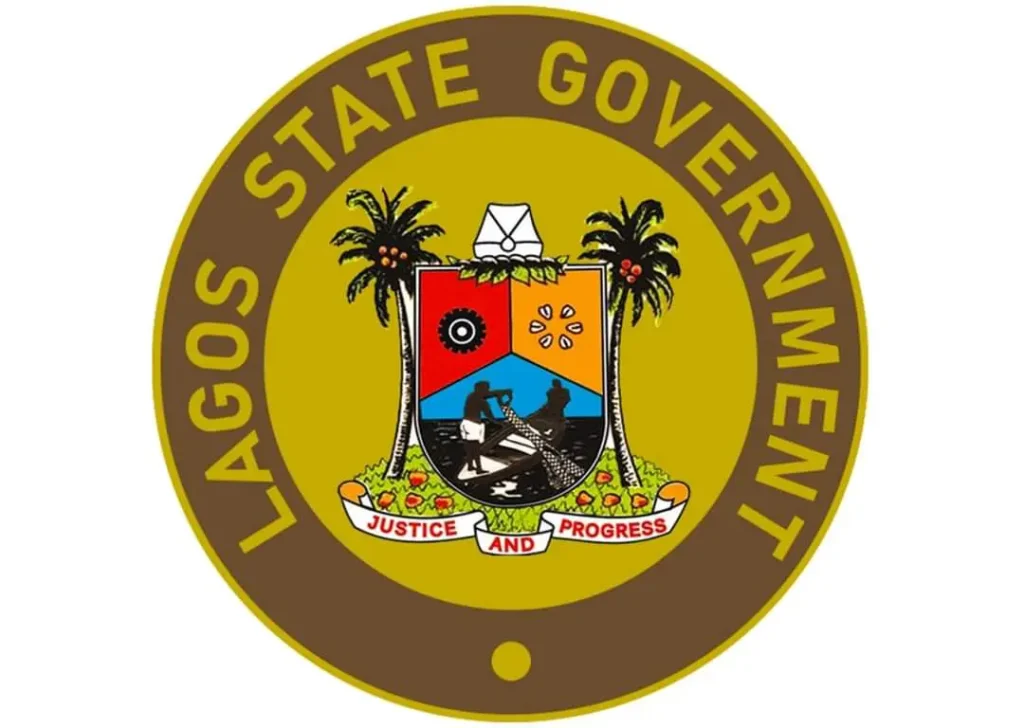Yemi Odusanya, a former Executive Director at Keystone Bank, believes that the recent capital raise by the Central Bank of Nigeria (CBN) will strengthen the financial resilience of the banking industry and reduce the likelihood of future failures. In an interview with the News Agency of Nigeria, Odusanya highlighted the positive outcomes that could result from higher capital requirements for banks.
According to Odusanya, increased capital requirements can enhance the overall stability of the banking sector, making it more resilient to economic shocks. Banks with higher capital levels are better equipped to manage risks and withstand adverse market conditions, ultimately benefiting depositors and the broader economy. A well-capitalized banking system can also boost investor and consumer confidence, attracting more investment and supporting economic growth.
However, Odusanya also acknowledged potential challenges associated with the new capital requirements. Some banks, especially smaller institutions, may struggle to raise the required capital, leading to consolidation or other strategic responses. Higher capital requirements could also limit banks’ ability to extend credit to small and medium-sized enterprises (SMEs) and individuals, impacting economic growth and access to finance.
To anticipate the impact of the new capital raise, Odusanya suggested looking back at the 2004 banking consolidation in Nigeria. At that time, poor bank performance and financial distress prompted a push for consolidation to create stronger and more stable institutions. Regulatory bodies pressured banks to merge and consolidate to meet international standards and improve competitiveness.
While the current capital raise aims to strengthen the Nigerian banking sector and improve financial stability, Odusanya emphasized the importance of monitoring its impact on lending activities and broader economic dynamics. Balancing robust capital levels with the need to support lending and economic growth will be a critical consideration for policymakers and banking institutions.
On March 28, the CBN announced an increase in the minimum capital requirements for commercial, merchant, and non-interest banks. Commercial banks with international authorization must raise their capital base to N500 billion, national banks to N200 billion, and those with regional authorization to N50 billion. Non-interest banks with national and regional authorizations are required to increase their capital to N20 billion and N10 billion, respectively.
By strengthening capital requirements, the Nigerian banking system aims to build a more stable and resilient financial sector, setting the stage for sustainable economic growth and development.



